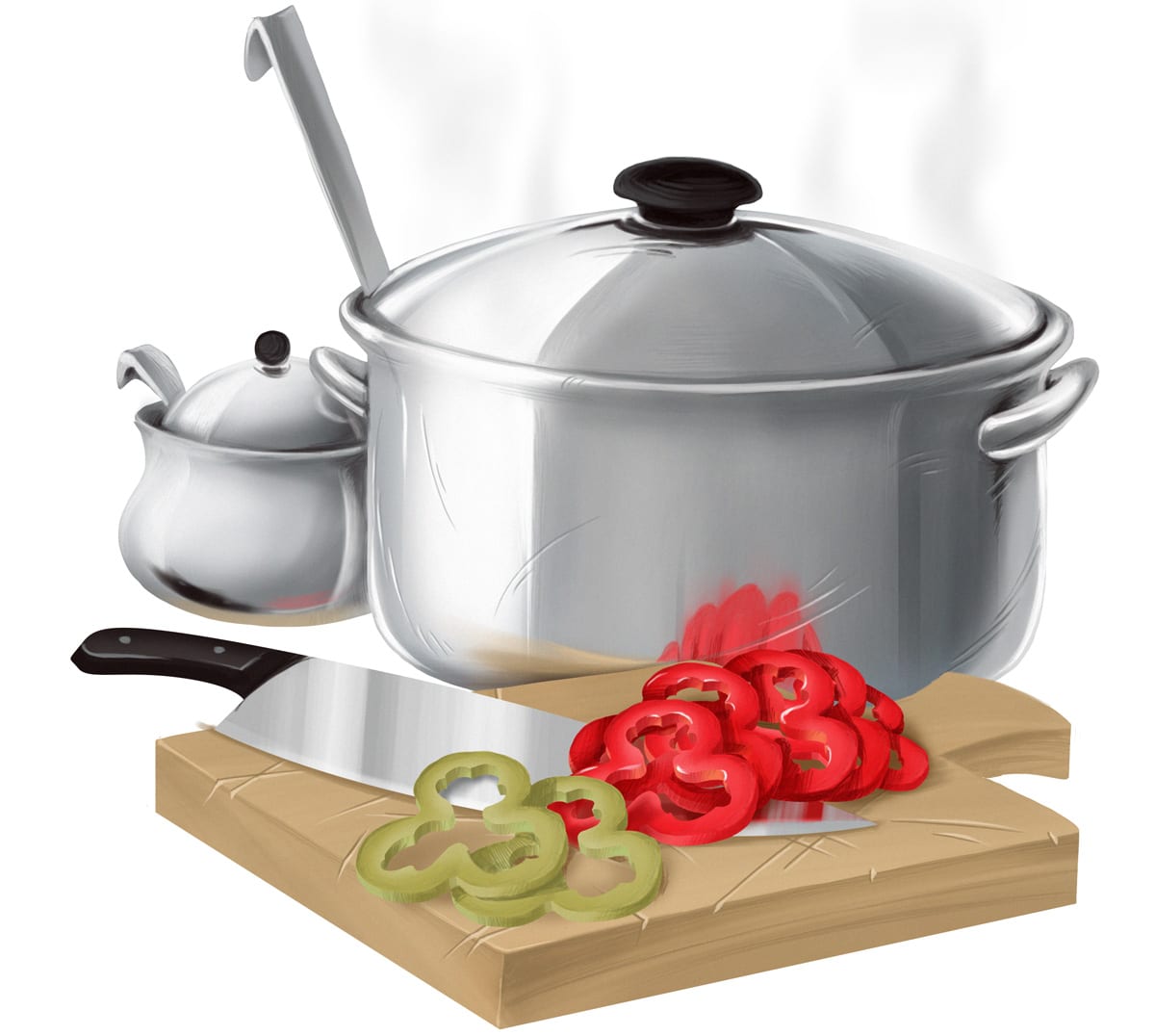
1. You may never feel completely “ready to change.”
Too many people get sucked into an endless cycle of research and delays because they don’t feel “ready” – either life keeps getting in the way or they want to feel 100% confident in all their nutritional decisions before they start.
If you’re waiting for the perfect time to start Paleo, you’ll be waiting forever. Change is uncomfortable, and if you keep looking for excuses in the form of one more thing you have to research or one big project you have to finish first, you’ll keep finding them. If you like where you are right now, that’s fine, but if you don’t, you need to be prepared to change before you feel absolutely “ready” in every way.
2. You won’t know whether it will work until you try it.
“Will Paleo help my arthritis?”
“Will Paleo help my diabetes?”
“Will Paleo help me lose weight?”
There is one person who has the power to answer those questions; that person is you. Studies about the average effect of a given diet on the average person can’t tell you everything about your individual reactions. You can try Paleo and see if it will help you with your particular issues. That’s the only way to know for sure.
3. You will mess up at some point, and that’s fine.
Nobody does Paleo perfectly. Maybe you’ll make it to Week 3 and belatedly realize that the frozen vegetable mix you’ve been eating has both corn and lima beans. Maybe you’ll just keep putting peanut butter in your smoothies out of habit until one day you look down and realize that peanuts aren’t actually Paleo. Or maybe you’ll just have a total blank and remember an hour after eating that you ordered something crusted in breadcrumbs.
It’s OK. One mistake will not sink your Paleo ship. Just get past it and move on.
4. It won't always be fun, and that’s OK.
The constant stream of everyone else’s good days that we get from Instagram and twitter feeds makes it seem like everyone is only ever delighted by their picture-perfect Paleo meals all the time.
That’s not true at all. Even Paleo veterans have bad days, when cooking is a chore and Paleo food is boring and all they want is delivery pizza and ice cream cake for dessert.
You don’t have to repress those feelings, but you also don’t have to let them control you. Life is not always fun and exciting, especially when you’re doing something hard. It’s OK to sometimes feel angry, resentful, frustrated, out of your depth, bored with everything you can cook, tired of working so hard in the kitchen, or whatever else it is. Give yourself space to feel it, acknowledge it, and then move past it.
5. You will get a lot of conflicting information.
Different people have different versions of what “Paleo” means, and a lot of people don’t understand that their particular version is not actually the One True Way to Paleo. If you start looking for information on the internet, you will get an incredible number of different opinions.
Just so you’re forewarned about the most common bones of contention:
Listen to everyone’s opinion, but don’t feel like you have to take their advice just because you listened to them. Do what works for you, not what works for your friend/spouse/someone on the internet.
6. You will get strange reactions from others.
As soon as you change your diet, at least one person in your life will start splashing their own insecurities and fears all over you in the form of comments on your diet. This all goes double if you lose a significant amount of weight.
Some people will laugh at you and assume you’re trying to live like a caveman (even though imitating cavemen is not at all what Paleo is about). Maybe they’ll go on long defensive tangents about how they could never give up bread/pizza/ice cream/Oreos. Or you might get that very special brand of person who deals with other people’s success by attempting to tear them down, and starts sabotaging your food or giving you endless grief for your diet.
People are weird about food. It doesn’t help to engage with them, because it’s not about your diet; it’s about their insecurities. It does help to write yourself a “script” in advance that you can use to reply noncommittally and immediately redirect the conversation to a different topic.
7. Your search engine is your friend.
Whatever problem you’re having, someone has almost certainly already had it. What do you make for fast breakfasts? Work lunches? Traveling? Where do you find recipes? What about your specific health condition? How do you cook this weird vegetable? All of these questions have probably been answered, and Google is often the fastest route to the answer.
8. The cooking gets easier.

If you don’t cook much, then three home-cooked meals every day might sound like a commitment that takes over your whole life. Who has time for that? It sounds unsustainable and crazy, but it isn’t.
For the first week or two, you might be spending a lot of time in the kitchen to learn the ropes, but it really does get almost automatic. You’ll learn how to prep in bulk and cook ahead so you don’t have to turn on the stove for every meal. You’ll learn how to cook without recipes, so you aren’t running back and forth between the stove and the cookbook.
Experienced cooks are much faster than total newbies, so don’t judge the long-term time commitment by what you can do right now. After a week or two, the time commitment goes down dramatically and cooking becomes automatic and part of the routine.
9. (Almost) everything is normal during the transition, so don’t panic.
Some people transition just fine without any problems or symptoms at all. But if you do get some kind of transition symptoms, don’t worry: it’s normal. It doesn’t mean you’re doing anything wrong; it’s just a big adjustment for your body and it takes a few days to settle into the new groove sometimes.
Some people lose their appetite; some people feel ravenous all the time. Headaches, fatigue, strange digestive symptoms like bloating or constipation, random emotional moments – it’s all normal. If it gets see-a-doctor levels of bad, go see a doctor, but barring that, there’s no need to worry unless it doesn’t go away after a week or two.
If your “transition” symptoms last longer than a week or two, then it might be time to consider other changes – here are some suggestions for being constantly hungry, never being hungry at all, fatigue, gas and bloating, and tanked workouts.
10. If it doesn’t work, you can always go back.
There’s no rule that once you start Paleo, you have to stay on it for life. If it doesn’t work for you, you can modify it to fit you. If it still doesn’t work for you, you can just leave it behind you and try something else.
Too many people are scared of trying Paleo because they see it as a huge commitment – it’s really not. Give it a fair shot and see if it works, but don’t scare yourself with the thought of a permanent commitment when you aren’t actually making one. You’re not getting married; you’re just changing the way you cook, and you can always change it back.
Paleo veterans, what's your favorite tip for beginners? Beginners, what do you want to know? Let us know on Facebook or Google+!





Leave a Reply